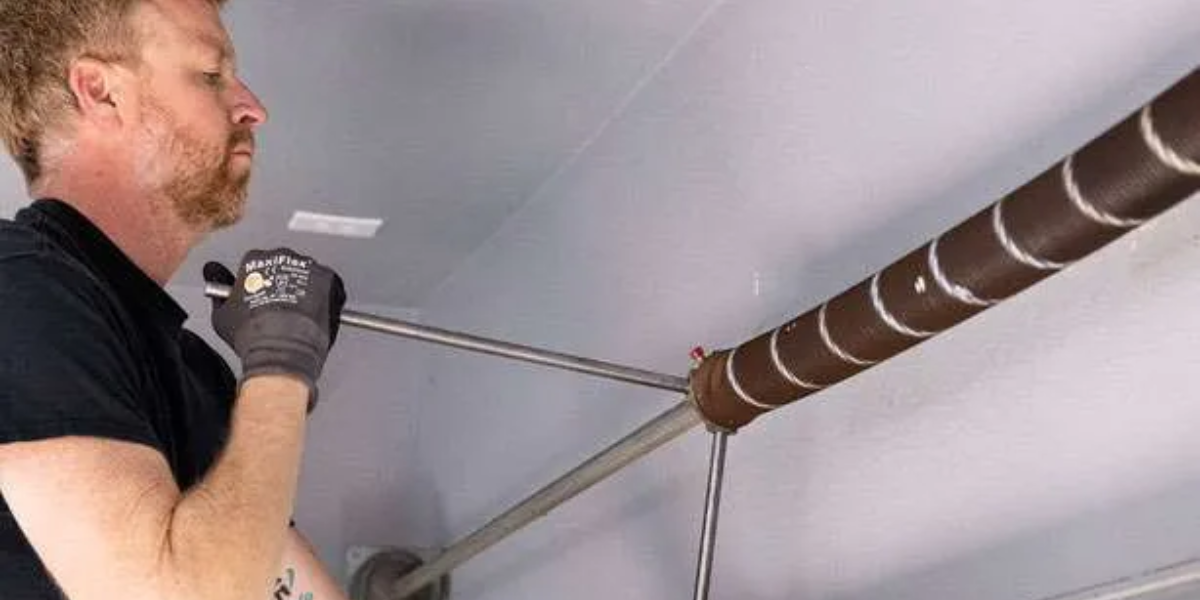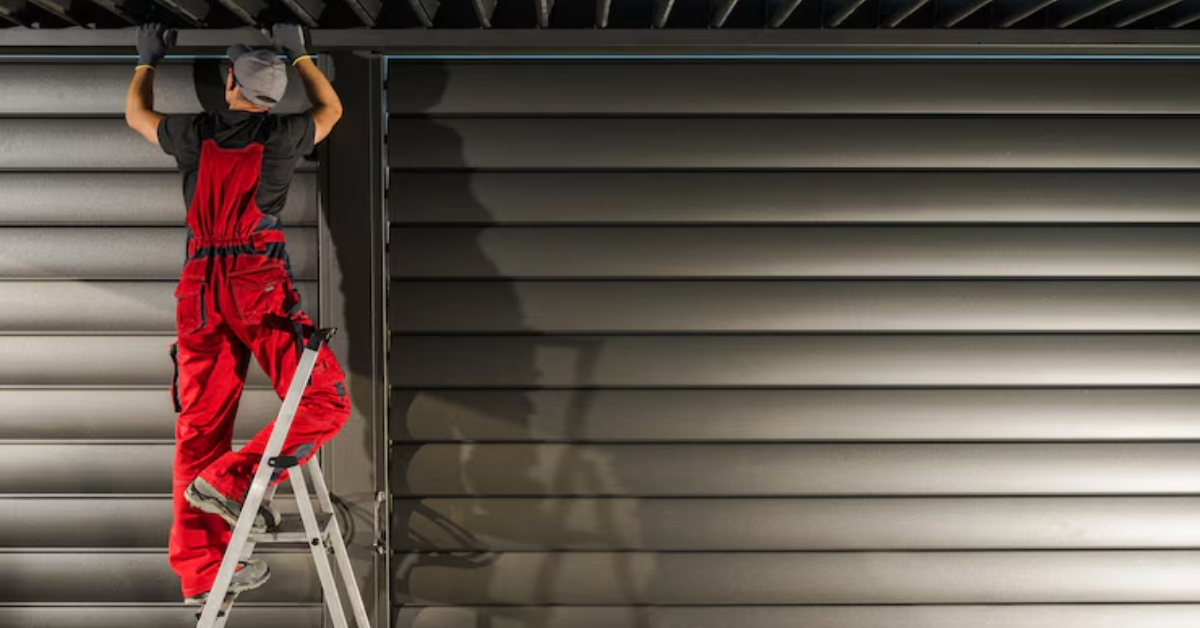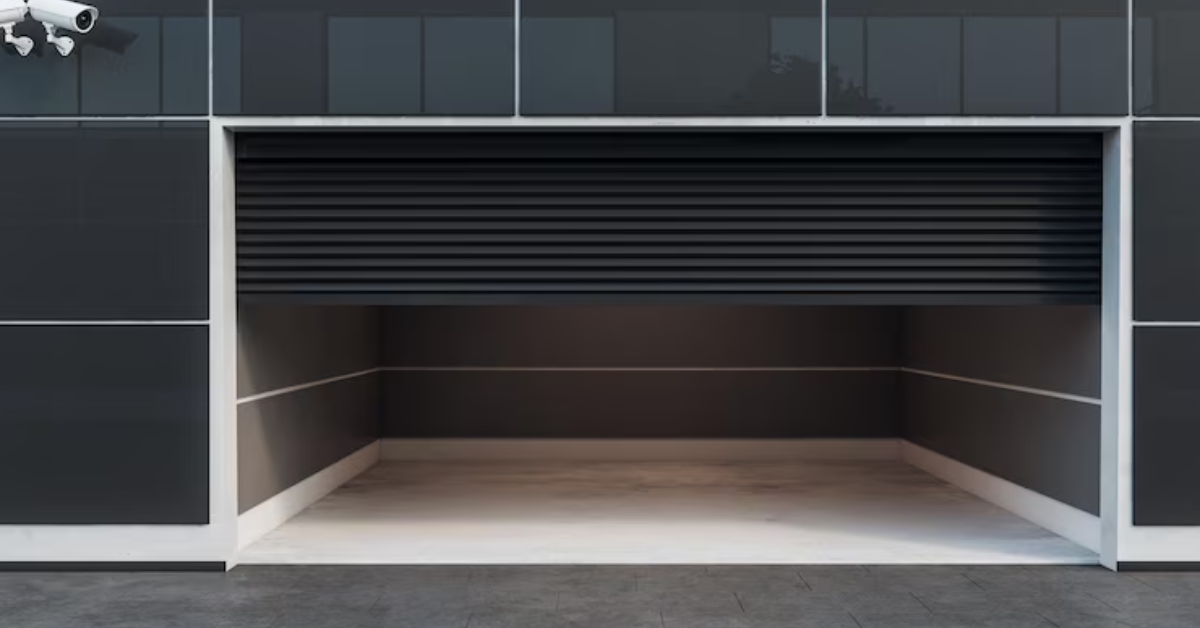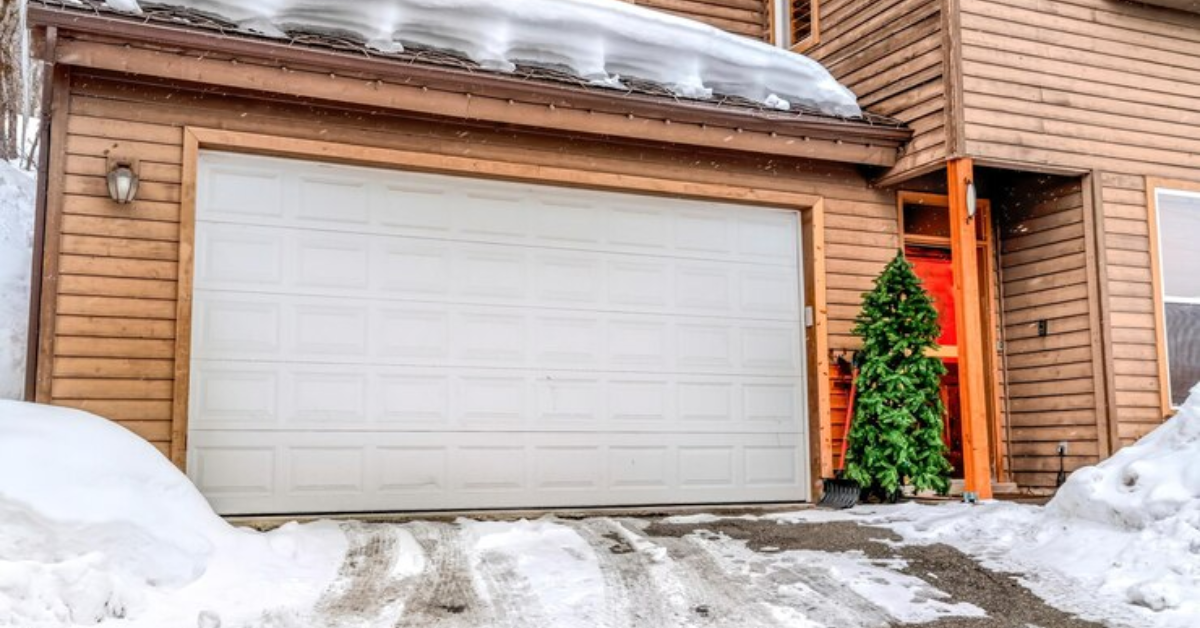How Much To Repair Garage Door Spring
Garage door springs play a critical role in the functionality of your garage door. These springs bear the weight of the door, allowing it to open and close smoothly. When a spring breaks, it can lead to significant inconvenience and even safety hazards. Understanding the cost to repair a garage door spring is essential for homeowners. Here, we will delve into the factors that influence repair costs, types of springs, common issues, and the benefits of professional repair services.
Types of Garage Door Springs
Torsion springs are commonly used in modern garage doors. These springs are mounted above the door and work by twisting to store energy. They are known for their durability and longevity. However, when they do break, they require specialized tools and knowledge to repair or replace.
Extension springs are typically found on older garage doors. These springs are located on either side of the door and stretch to provide the necessary force to lift the door. While they are generally easier to replace than torsion springs, they also pose significant risks if not handled correctly.
Repair Cost Factors
Type of Spring: The type of spring used in your garage door greatly influences the repair cost. Torsion springs are more expensive to repair or replace compared to extension springs due to their complexity and the specialized tools required.
Labor Costs: Labor costs vary depending on your location and the company you hire. Professional repair services typically charge an hourly rate, and the total labor cost can increase if additional repairs or adjustments are needed.
Material Quality: The quality of the spring materials affects the overall repair cost. Higher-quality springs, made from durable materials, are more expensive but offer better longevity and performance.
Additional Repairs: If your garage door requires additional repairs beyond the spring replacement, such as cable or track adjustments, this will increase the total cost. It is essential to have a comprehensive inspection to identify all potential issues.
The price of replacing a garage door spring encompasses both the cost of the parts and the labor required. However, the overall expense can vary depending on the specific type of garage door you have. On average, the total amount you should anticipate spending for a garage door spring replacement falls between $150 and $300.
Common Issues with Garage Door Springs
- Over time, garage door springs experience wear and tear from regular use. This can lead to a gradual loss of tension, making it difficult for the door to open and close properly. Regular maintenance can help extend the lifespan of your springs.
- Rust and corrosion are common issues that can weaken garage door springs, leading to premature failure. Keeping the springs well-lubricated and protected from moisture can prevent rust and corrosion.
- Improper installation of garage door springs can cause uneven wear and additional stress on the door mechanism. It is crucial to hire a professional to ensure proper installation and avoid future problems.
Benefits of Professional Garage Door Spring Repair
Repairing a garage door spring is a dangerous task that requires expertise and proper tools. Professional technicians have the training and experience to perform the repairs safely, minimizing the risk of injury. Professionals can quickly and efficiently repair or replace garage door springs, reducing downtime and inconvenience. Their expertise ensures that the job is done correctly the first time, saving you time and money. Reputable repair services offer warranties and guarantees on their work. If any problems arise after the repair, they will be addressed promptly and without additional charge.
How to Choose a Garage Door Repair Service
When choosing a garage door repair service, it is important to consider several key factors to ensure you receive quality service and value for your money. Start by checking the credentials and certifications of the technicians to confirm their expertise and training. Reading customer reviews and testimonials can provide insight into the reliability and professionalism of the service. Also, request quotes from multiple companies to compare prices and services offered. Among the top choices for exceptional garage door repair services is Fix N' Go, renowned for its skilled technicians, prompt service, and competitive pricing, making it a trusted name in the industry.
Conclusion
Repairing a garage door spring is a critical task that should not be taken lightly. Understanding the factors that influence the cost, recognizing common issues, and knowing the benefits of professional repair services can help you make an informed decision. For reliable and efficient garage door spring repair, Fix N' Go stands out as a top choice, offering expert services and excellent customer care.




